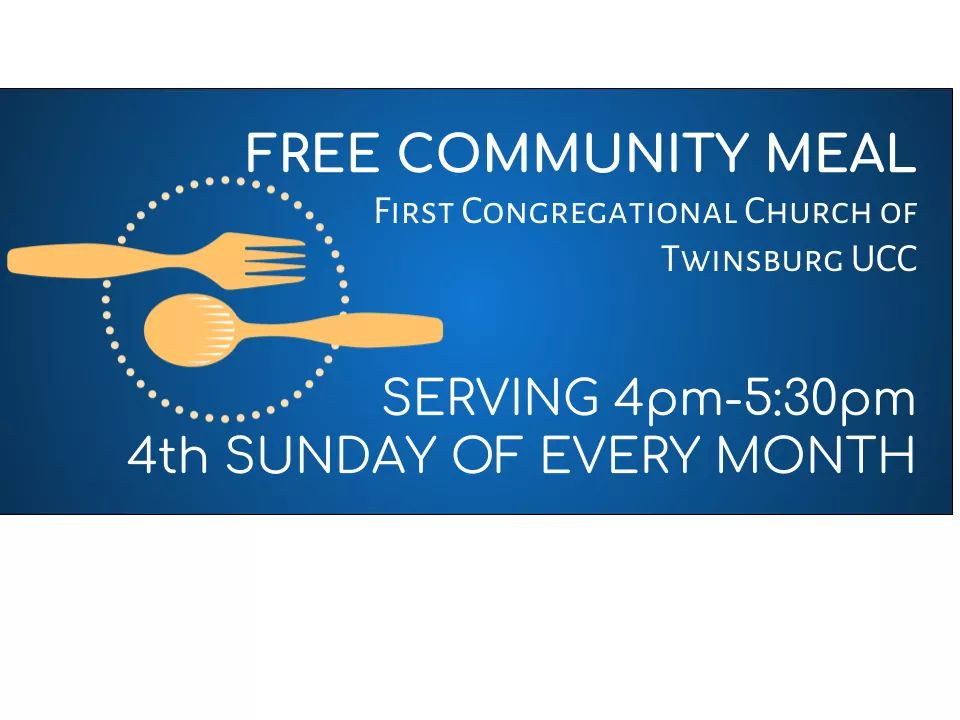Luke 7:36-50
We have two characters in contrast in this week’s text. One, referred in the gossipy way, “a sinful woman.” The other a man named Simon who was a member to the sect of Pharisees. Both wanted to see Jesus. Simon invited Jesus to his house for dinner. The unnamed woman snuck in uninvited. Simon continues the gossip about the woman and Jesus. If Jesus was a prophet, as they acclaimed in 6:16, he would have nothing to do with “that kind of a woman.” Both Simon and the woman knew they needed God’s forgiveness; the woman a great deal, Simon not so much.
The woman’s sin is not identified, but our gossipy minds immediately think “prostitute.” We often identify those with sins that we look down on as “the worst kind.” And since we would not engage in that sin, we are much better than them.
Forgiveness is a great leveler. There’s an old saying, “the ground at the Cross is level.” In other words, we all come to the Cross on the same level. But often we cast a sideways glance at others, and with our gossipy minds judge them as the worst sinner in town.
Thank God that you or I have not participated in certain, vile sins. But that does not mean that we do not need the same level of forgiveness as others. Forgiveness is not a quantity to measure out. It is something that God gives out freely, fully, and completely to all who seek him. So, we need to put out of our gossipy minds the idea that others need more forgiven than me. Instead, we need to rejoice that Christ receives all, and offers complete forgiveness to all.
Pastor Greg




